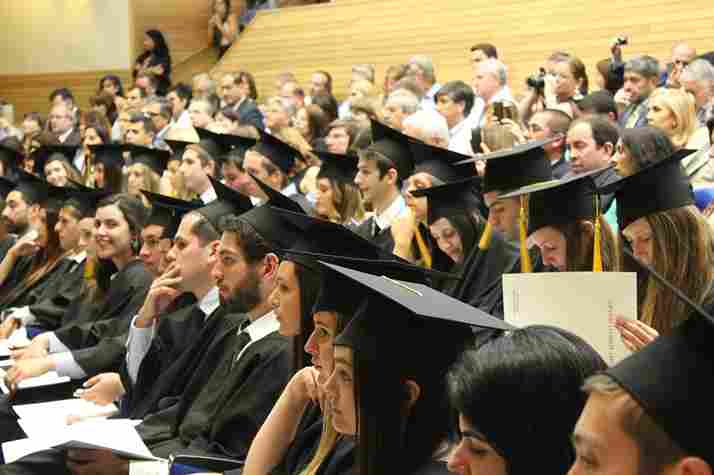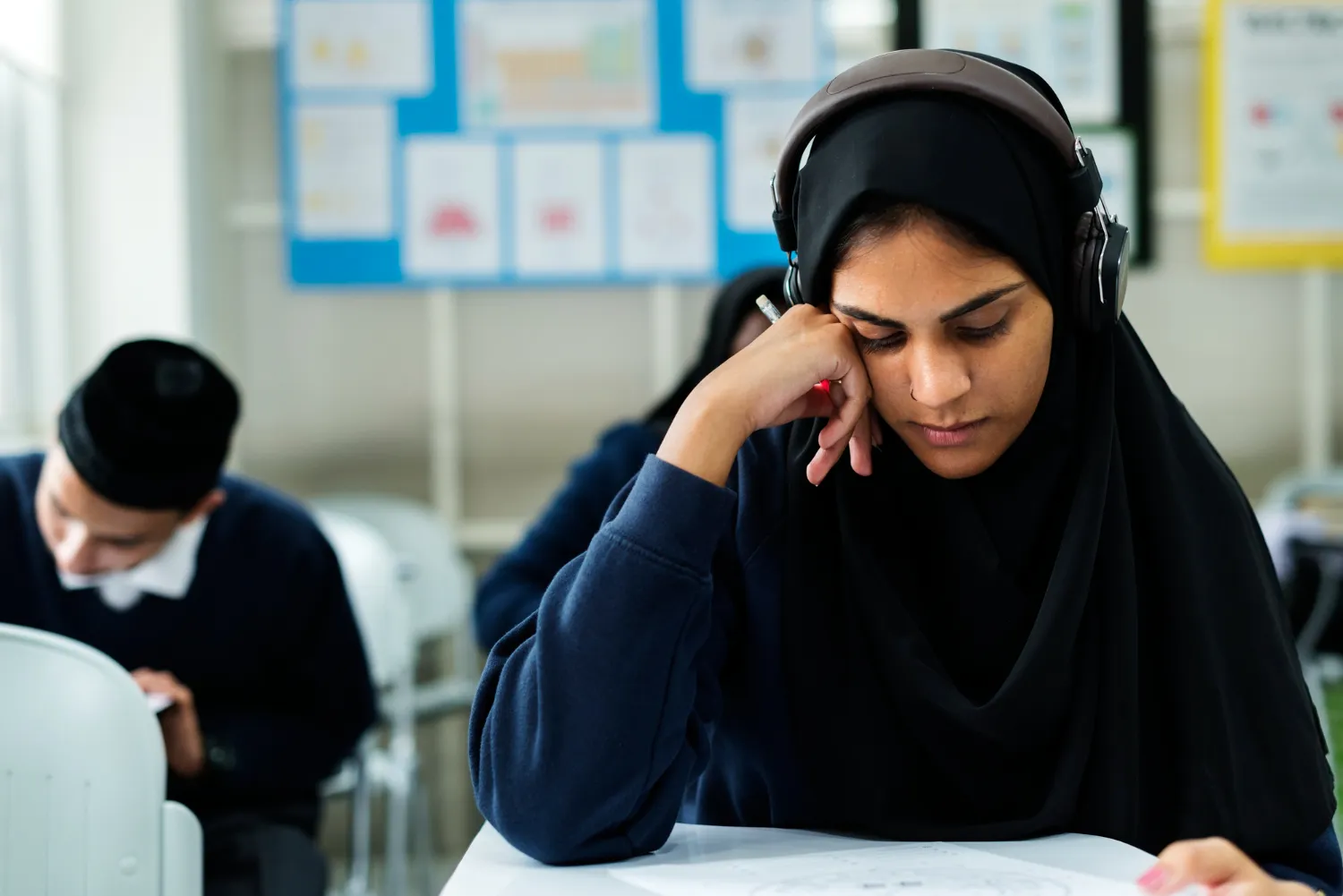The (IBDP) International Baccalaureate Diploma Programme, is a two-year, pre-university qualification in high demand internationally, targeting students between 16 and 19 years. This IBDP is quite respected for its rigor in academics and holistic approach in the development of students for eventual success in higher education and beyond.
Apart from the fact that the IBDP is advisable for students to pursue in Malaysia or any other higher education institutions around the world, this guide takes you through what it is-structure-wise, benefits accruable, and how to go about choosing the right subjects to prepare you for further studies.
What does IBDP stand for?
The IBDP stands for International Baccalaureate Diploma Programme a two-year curriculum structure provided by the International Baccalaureate Organization or IBO. It is widely regarded as one of the most comprehensive and challenging pre-university programs, emphasizing academic excellence, critical thinking, and global citizenship.
Fundamentals of IBDP:
In 1968, it was established to develop an internationally recognized qualification that would encourage students’ intellectual, personal, and emotional development.
Key Features of the IBDP:
- International recognition: The diploma is recognized in more than 90 countries and some 3,000 universities worldwide. These include elite institutions such as Harvard, Oxford, and Stanford.
- The holistic development of the student: This will be with a focus on academics, creativity, service, and research.
- Core Components: In addition to six academic subjects, the students finish three core components.
How Is IB Structured?
The IBDP, therefore, comprises three core requirements and six subject groups; thus, it provides a well-rounded and interdisciplinary education.
DP Core:
- Central to the philosophy are the stimulation for any student to enquire into knowledge, develop personal insights, and become involved with the community.
- TOK-Theory of Knowledge: It triggers critical reflections on the nature of knowledge.
- Creativity, Activity, and Service: CAS aims at art, sports, and community service for the all-round development of a student.
Six Subject Groups:
Students choose one subject from each of the six groups below:
- Studies in Language and also Literature: A native language or literature, such as English Literature For example.
- Language Acquisition: A foreign language, such as French, Spanish, or Mandarin.
- People and Societies: Social science and humanities, including economics and history.
- Sciences: Natural sciences; examples include physics and biology.
- Mathematics: Applications and Interpretation or Analysis and Methods.
- Arts: Subjects related to the visual arts, music, or theater.
- Apart from this, students may also choose another subject from group 3 or 4.
Levels of Studies:
- Higher Level: requires 240 hours of teaching, more in-depth study.
- Standard Level: requires 150 teaching hours; core study.
- Students take three to four subjects at the HL and the others at the SL.

How Will You Be Graded
The grading is done in the form of points, where students have the ability to score up to 45 points.
Breakdown:
- 6 Subjects: Each subject takes a grade from 1 to 7.
- Core Components: Combined, TOK and EE contribute to as many as 3 bonus points.
- Pass Mark: A student must achieve a minimum of 24 points for the award of the IB Diploma.
- Assessment includes coursework and examinations that are graded externally.
Why do students take IBDP?
Offering a number of advantages that turn it into one of the favored options among ambitious students all over the world.
Advantages of the IB Diploma:
- International Recognition: Accepted by top universities, including Harvard and Oxford.
- Skill Building: Enhances critical thinking, research skills, and cultural awareness.
- Holistic Education: It combines academics with creativity, sports, and community service.
- University Preparation: It focuses on the ability for independent learning and also on time management.
Gateway to Global Opportunities:
Completion of the diploma opens many avenues for learners, from financial support in the form of scholarships to competitive university placement and also job opportunities.
What subjects have you opted for in IBDP?
The selection of appropriate subjects is critical for success at school and access to higher education.
IBDP Subjects List:
Group 1: Language A (e.g., English Literature).
Group 2: Language B or Ab Initio-examples include French and Mandarin.
Group 3: History, Economics, or Global Politics.
Group 4: Chemistry, Biology, Physics, or Environmental Systems.
Group 5: Mathematics Analysis or Mathematics Applications.
Group 6: Arts, Music or any subject from Groups 3 or 4.
Tips for Choosing Subjects:
- Align with Career Goals: Choose subjects relevant to your future studies. Example:
- Students who plan to become doctors later on: Biology, Chemistry, Mathematics.
- Students who want to become lawyers: History, Economics, English Literature.
- Play to Your Strengths: Subjects that you are good at can be chosen so you get better grades in them.
- Research University Requirements: Some programs require certain HL subjects.
Is IBDP the Same as a “Diploma”?
It is a diploma program but far more comprehensive than the typical high school diplomas.
Key Differences:
- Broader scope: It offers an integrated program comprising six subjects combined with core components such as the interdisciplinary service-based learning approach that is TOK and CAS.
- Global Recognition: The IBDP is recognized at the global level, unlike the local diplomas.
- Academic Rigor: IBDP definitely challenges students out of their comfort zones with its demanding curriculum and research projects.
Where to study IBDP?
The IBDP is offered at IB World Schools worldwide.
IBDP in Malaysia:
In Malaysia, there are a number of prestigious institutions that offer IBDP such as Sunway International School and The International School of Kuala Lumpur, ISKL.
Malaysia is considered a premier destination for offering the IBDP, with modern facilities and relatively attractive tuition fees.
How to Choose IB subjects
One of the most important choices you will have to make is deciding on the IB subjects, which affects the further success and accomplishment of your future.
Step-by-Step Procedure
- Identify Your Interests: Emphasize topics that respond to your areas of interest and career objectives.
- Check ahead of time what university requirements are for a particular program you may be interested in. For example, engineering requires mathematics and physics.
- Balance HL and SL: Ensure the HL subjects are manageable with your SL ones.
Conclusion
The International Baccalaureate Diploma is like a gold stamp in education because it truly trains students to be highly academically and professionally successful anywhere in the world.
This holistic nature of the curriculum, with an array of balanced subject offerings, fosters critical thinking that will make the International Baccalaureate Diploma an apt fit for achieving excellence in higher education and beyond.
If you are eyeing the IBDP in Malaysia, be assured that it is globally recognized certification, high teaching standards, and a way into the most prestigious universities across the world. You can also consider IBDP tutoring at ACE Education Bahrain to enhance your preparation for the IBDP.
FAQ’s:
Does Harvard accept IBDP?
Yes, Harvard University accept the IB Diploma.
Is there an IB in Malaysia?
Yes, Malaysia has several IB World Schools offering the IBDP.
Is IBDP equivalent to A-Level?
While both are pre-university qualifications, the IBDP offers a broader curriculum and emphasizes holistic development compared to the subject-focused A-Level.
Who is IBDP For?
The IBDP is ideal for students aged 16 to 19 who aspire to pursue higher education or develop critical skills for global success.



